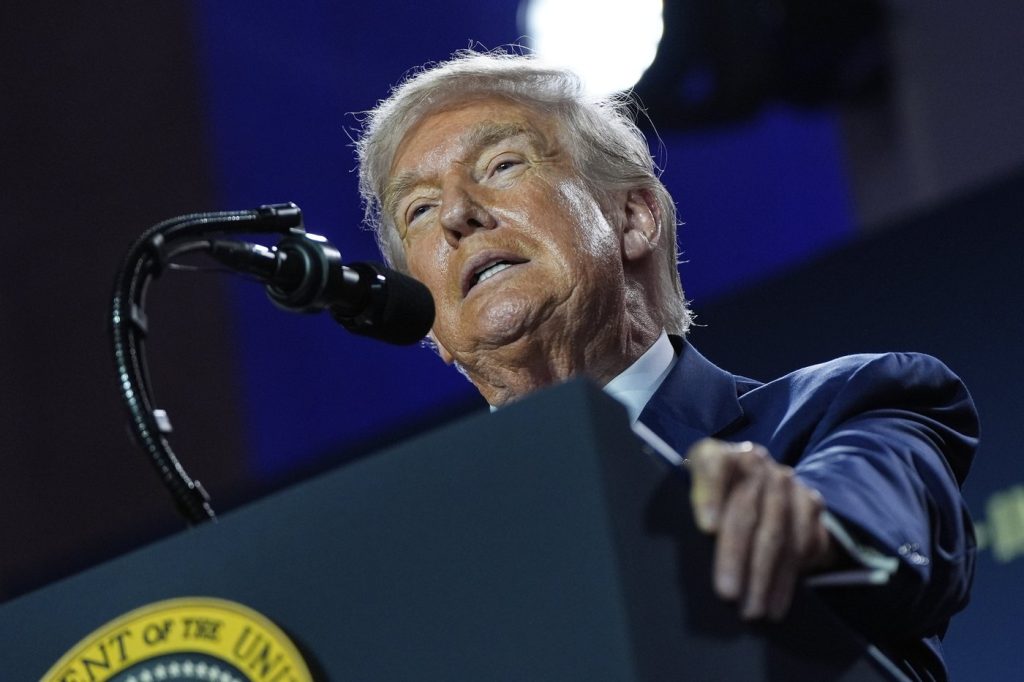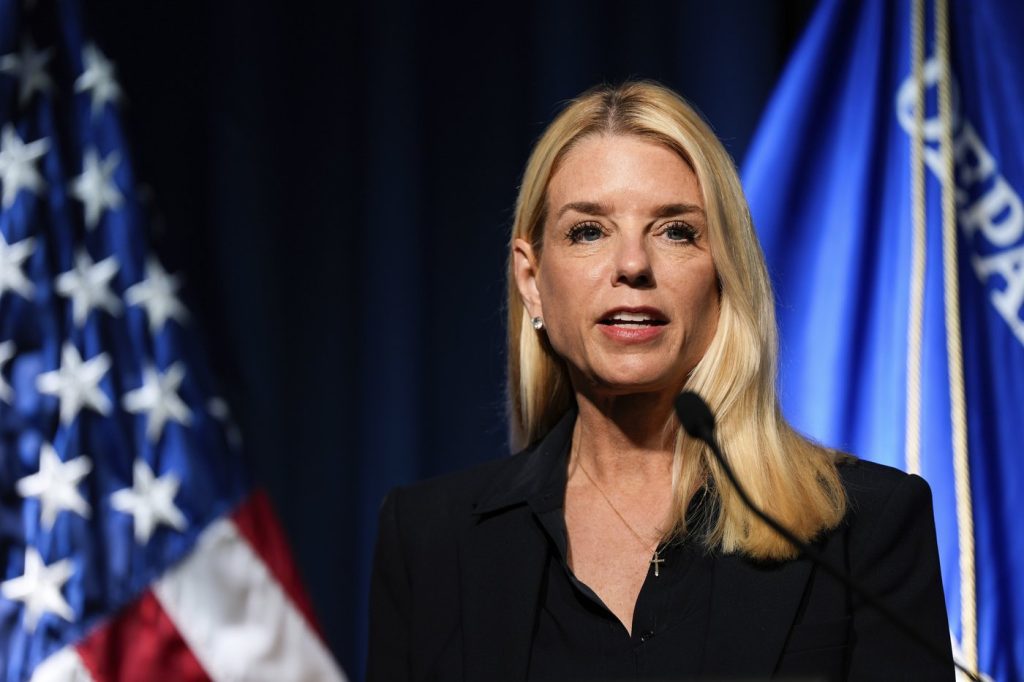A federal appeals court in San Francisco ruled on Wednesday that President Donald Trump's executive order to end birthright citizenship is unconstitutional. This decision confirmed a lower-court ruling that blocked the enforcement of the order across the nation. The three-judge panel from the 9th U.S. Circuit Court of Appeals noted that Trump's plan had also been previously blocked by a federal judge in New Hampshire, marking the first instance in which an appeals court has addressed the matter. The ruling essentially keeps a halt on the Trump administration’s initiative to deny citizenship to children born in the United States to parents who are undocumented or in the country temporarily.
The majority opinion, which consisted of Judges Michael Hawkins and Ronald Gould, both appointed by President Bill Clinton, stated, "The district court correctly concluded that the Executive Order’s proposed interpretation, denying citizenship to many persons born in the United States, is unconstitutional. We fully agree." This 2-1 ruling upheld a decision made by U.S. District Judge John C. Coughenour in Seattle, who was the first to block Trump's efforts and criticized the administration for attempting to disregard constitutional principles for political benefit.
Neither the White House nor the Justice Department responded promptly to inquiries regarding this ruling. The Supreme Court has taken steps to limit the capacity of lower courts to issue nationwide injunctions, but the 9th Circuit’s majority found that this case falls under one of the exceptions recognized by the justices. The case was initiated by a group of states—specifically Washington, Arizona, Illinois, and Oregon—that argued for a nationwide injunction to mitigate the complications stemming from differing citizenship laws across states.
Judge Bumatay, nominated by Trump and who dissented from the majority opinion, expressed concerns that the states lacked legal standing to sue. He emphasized the importance of approaching requests for universal relief with skepticism, cautioning against using "complete relief" as a pretext for issuing universal injunctions. His dissent did not address the constitutional question of whether ending birthright citizenship was lawful.
The central debate revolves around the Citizenship Clause of the 14th Amendment, which asserts that all individuals born or naturalized in the U.S. are citizens. The Justice Department contends that the phrase "subject to United States jurisdiction" implies that not all children born in the U.S. automatically receive citizenship based solely on their birthplace. In contrast, the states argue that this interpretation overlooks the explicit language of the Citizenship Clause and previous Supreme Court rulings, including a landmark case from 1898 that established citizenship for a child born in San Francisco to Chinese parents solely due to his birthplace.
Trump's executive order claims that a child born in the U.S. is not a citizen if the mother lacks legal immigration status or is in the country legally but temporarily, and if the father is not a U.S. citizen or lawful permanent resident. This contentious issue has sparked at least nine lawsuits against the order across the United States, highlighting the ongoing legal battle regarding birthright citizenship under U.S. law.












